Best Credit Cards – How to Choose the Right One for You
Table of Contents:
- Introduction
- Understanding Credit Card Types
- Features of the Best Credit Cards
- Top Picks for Best Credit Cards
- Best Rewards Credit Cards
- Best Cashback Credit Cards
- Best Travel Credit Cards
- Best Low-Interest Credit Cards
- How to Compare Credit Cards Effectively
- Building Credit with the Best Credit Cards
- FAQ
- Conclusion
Choosing the right credit card is crucial to managing your finances effectively. Whether you’re looking to earn rewards, save on interest, or improve your credit score, finding the best credit cards can significantly enhance your financial flexibility and freedom. This guide will help you understand the different types of credit cards available and how to choose one that fits your financial needs.
Understanding Credit Card Types
Credit cards come in various types, each designed to suit different financial needs and spending habits. Here are some common categories:
- Rewards Credit Cards: These cards offer rewards such as points, miles, or cash back on your purchases.
- Cashback Credit Cards: Specifically focused on giving you a percentage of your spending back in cash.
- Travel Credit Cards: Ideal for those who travel frequently, offering miles and travel-related perks.
- Low-Interest Credit Cards: These cards offer lower interest rates, making them suitable for those who carry balances.
- Balance Transfer Credit Cards: These allow you to transfer balances from other credit cards, often with low or no interest for a set period.
Features of the Best Credit Cards
The best credit cards typically offer a combination of the following features:
- Competitive APRs: Look for low interest rates for purchases and balance transfers.
- Generous Rewards Programs: Ensure rewards align with your spending habits.
- No or Low Annual Fees: Minimize annual costs to keep more money in your pocket.
- Introductory Offers: Benefits such as 0% APR on purchases and balance transfers for the first 12-18 months.
- Robust Security Features: Protection against fraud and theft is a must.
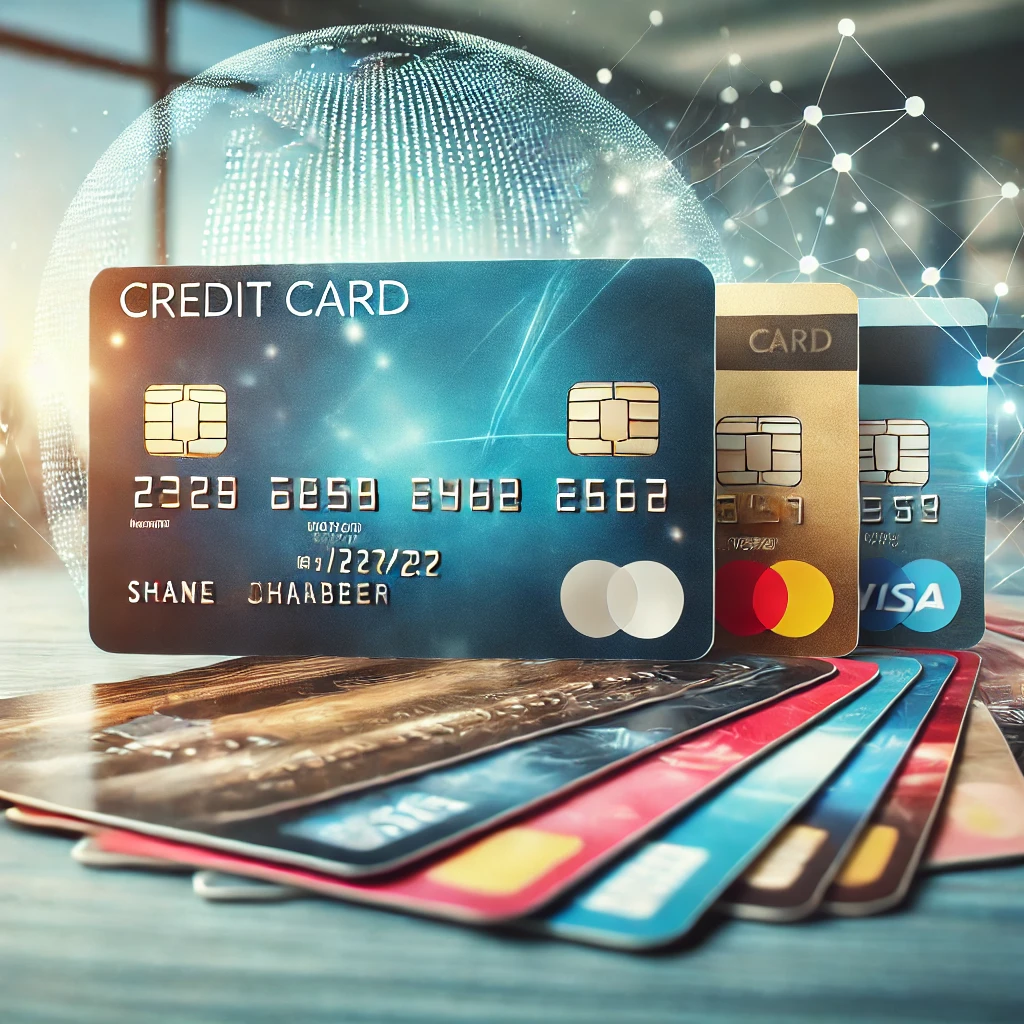
Top Picks for Best Credit Cards
Best Rewards Credit Cards
- Card A: Offers 5x points on groceries and dining.
- Card B: Provides 3x points on travel and utility spending.
Best Cashback Credit Cards
- Card C: 2% cash back on all purchases with no caps.
- Card D: 5% cash back on rotating categories each quarter.
Best Travel Credit Cards
- Card E: Free airport lounge access and no foreign transaction fees.
- Card F: High earning rate on travel purchases and hotel benefits.
Best Low-Interest Credit Cards
- Card G: Low ongoing APR and no annual fee.
- Card H: Introductory 0% APR for 18 months on purchases and balance transfers.
How to Compare Credit Cards Effectively
To choose the best credit card, consider the following steps:
- Assess Your Spending Habits: Align the card’s benefits with your regular spending.
- Consider the Fees: Weigh annual fees against the benefits received.
- Read the Fine Print: Understand terms related to rewards and penalties.
- Check Eligibility Requirements: Ensure you meet the credit score and income criteria.
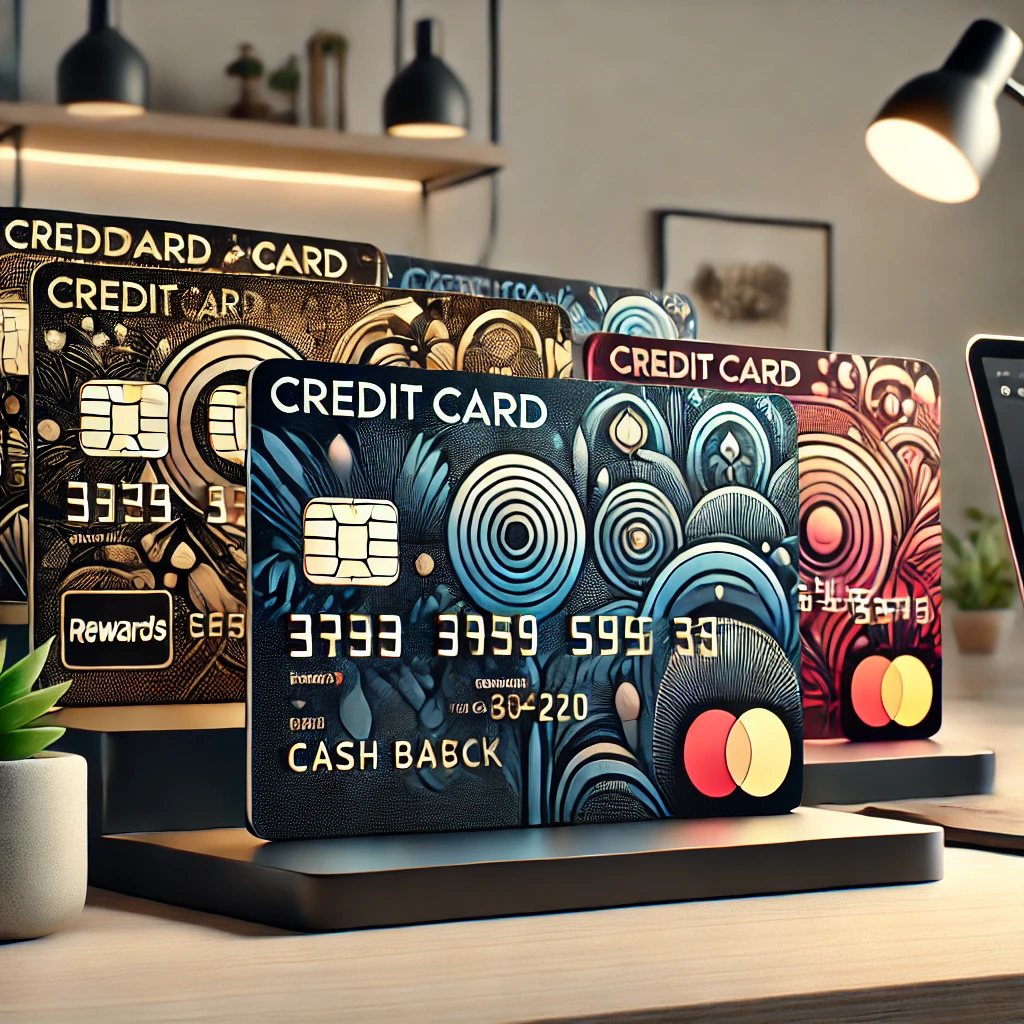
Building Credit with the Best Credit Cards
Using credit cards responsibly is a fantastic way to build or improve your credit score. Key tips include:
- Pay Your Bills on Time: This is crucial for maintaining a good credit score.
- Keep Balances Low: Utilize less than 30% of your credit limit.
- Monitor Your Credit: Keep an eye on your credit report for any inaccuracies.
Best Credit Cards
Choosing the best credit cards involves understanding your financial needs, comparing offers, and selecting a card that aligns with your spending patterns and financial goals. With the right card, you can enjoy significant savings, rewards, and credit-building opportunities.
Key Features of the Best Credit Cards
When selecting a credit card, there are several important features to consider that can greatly impact your financial wellness and convenience:
- Annual Percentage Rate (APR): This is the cost of borrowing on the card if you carry a balance. The best credit cards offer competitive APRs or low-interest rates, especially beneficial for those who occasionally carry a balance from month to month.
- Rewards Programs: The best credit cards for rewards offer points, miles, or cash back on your purchases. It’s essential to choose a card whose rewards align with your spending patterns—whether that’s on groceries, travel, dining out, or general purchases.
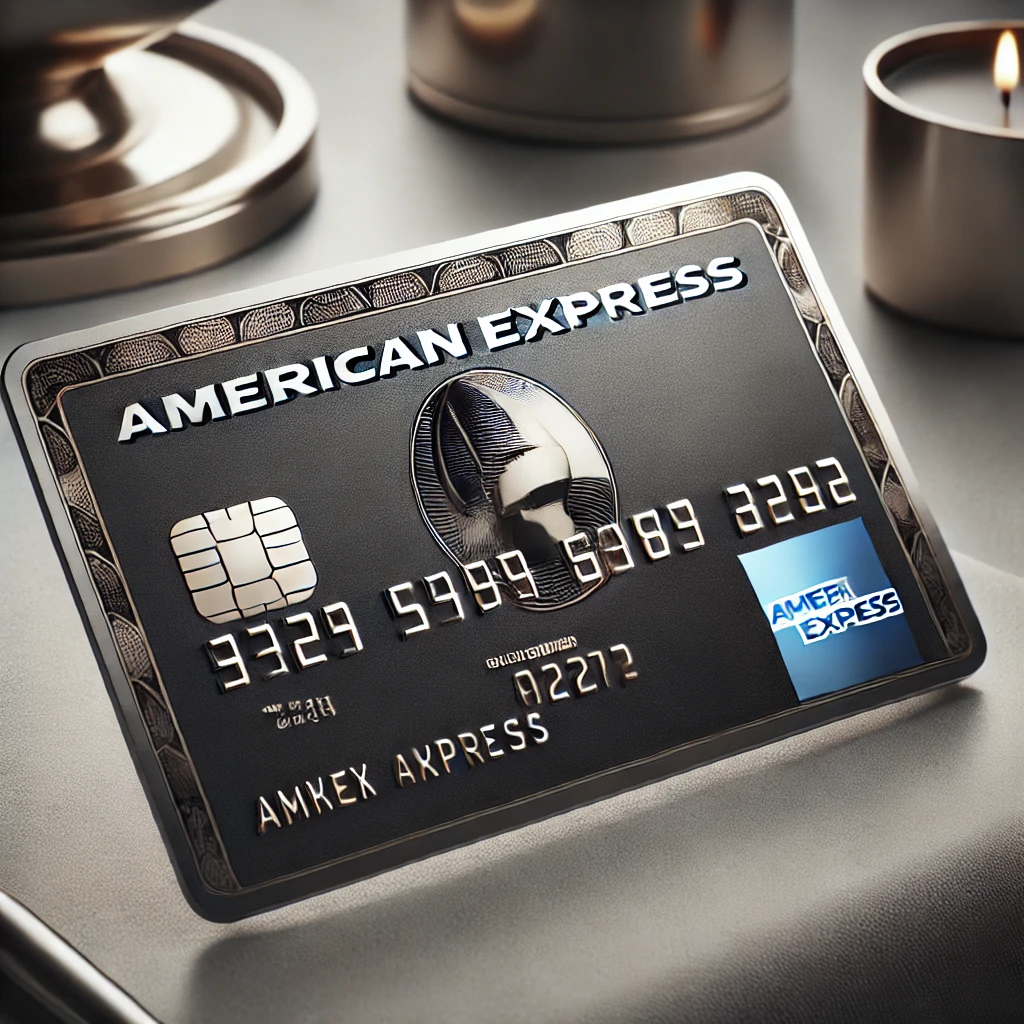
- Sign-Up Bonuses: Many cards offer attractive bonuses for new users, which can range from hundreds of dollars in cash back to thousands of points or miles. To qualify, you typically need to meet a minimum spending requirement within the first few months of card ownership.
- Fees: Understand the fee structure, including annual fees, balance transfer fees, and foreign transaction fees. In some cases, the benefits gained from the card can outweigh the fees.
- Additional Benefits: Look for benefits such as extended warranties, free travel insurance, concierge services, and access to exclusive events, which can add significant value.
Comprehensive Review of Top Credit Cards by Category
Best Rewards Credit Cards:
- Card A: Offers 4x points on dining and entertainment, perfect for those who frequently dine out or attend events.
- Card B: Provides 3x points on all travel and grocery purchases, making it an excellent choice for regular travelers and family shoppers.
Best Cashback Credit Cards:
- Card C: 2% cash back on all purchases, with no limits and no category restrictions—ideal for straightforward earning.
- Card D: Offers 5% cash back on rotating quarterly categories such as gas stations, grocery stores, and online shopping, up to a quarterly maximum when you activate.
Best Travel Credit Cards:
- Card E: Earns unlimited 2x miles on every purchase and comes with no foreign transaction fees—great for international travelers.
- Card F: Offers luxurious travel perks such as airport lounge access, annual travel credits, and elite status with certain hotel chains.
Best Low-Interest Credit Cards:
- Card G: Features a permanently low APR, making it a good option for those who carry balances.
- Card H: Provides a 0% introductory APR on purchases and balance transfers for the first 18 months—a great choice for financing large purchases or transferring high-interest balances.
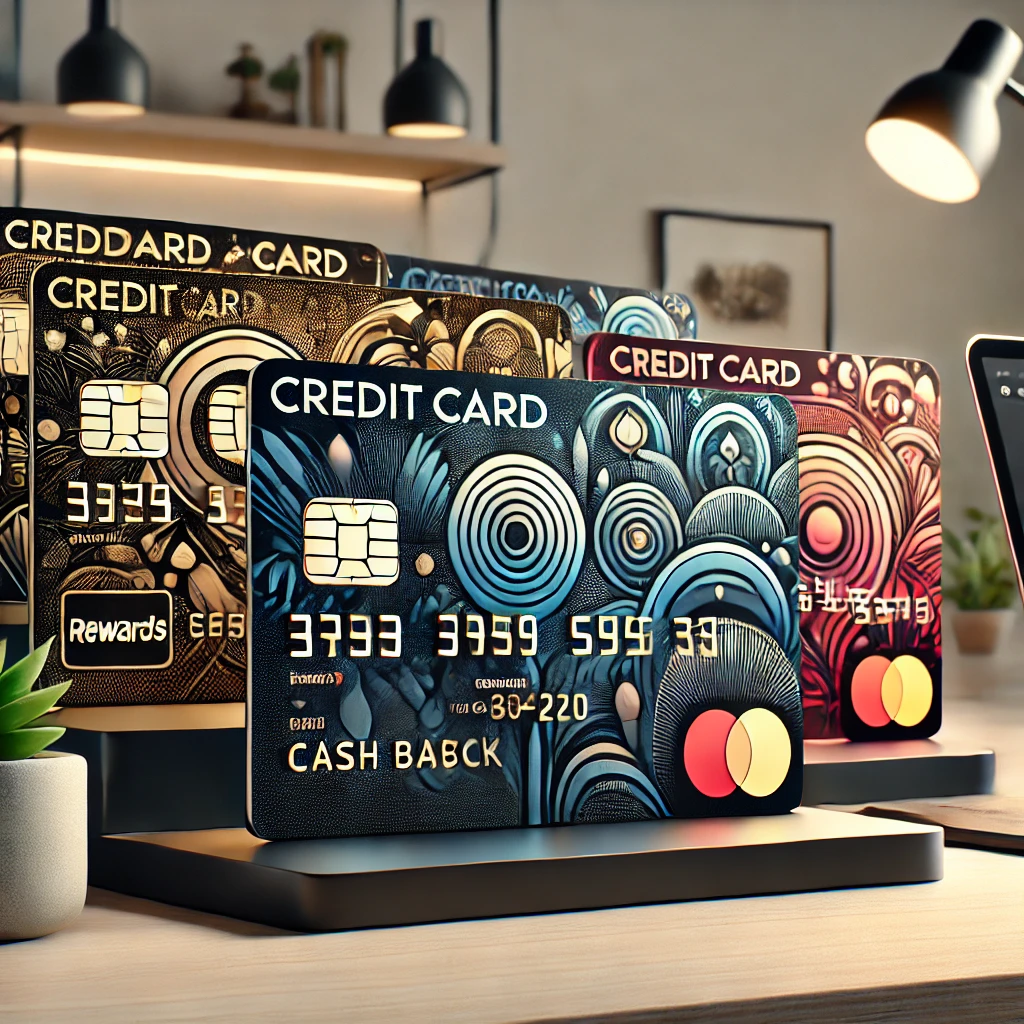
Strategies for Comparing and Choosing Credit Cards
To effectively compare credit cards, consider these steps:
- Define Your Financial Goals: Are you trying to build credit, save money on interest, or earn rewards?
- Evaluate Your Spending Habits: Choose a card that matches where you spend the most money.
- Research and Compare Benefits: Look beyond basic features and compare the added benefits and rewards structures.
- Read Reviews and Expert Opinions: Leverage reviews from current users and financial experts to gauge the pros and cons of each card.
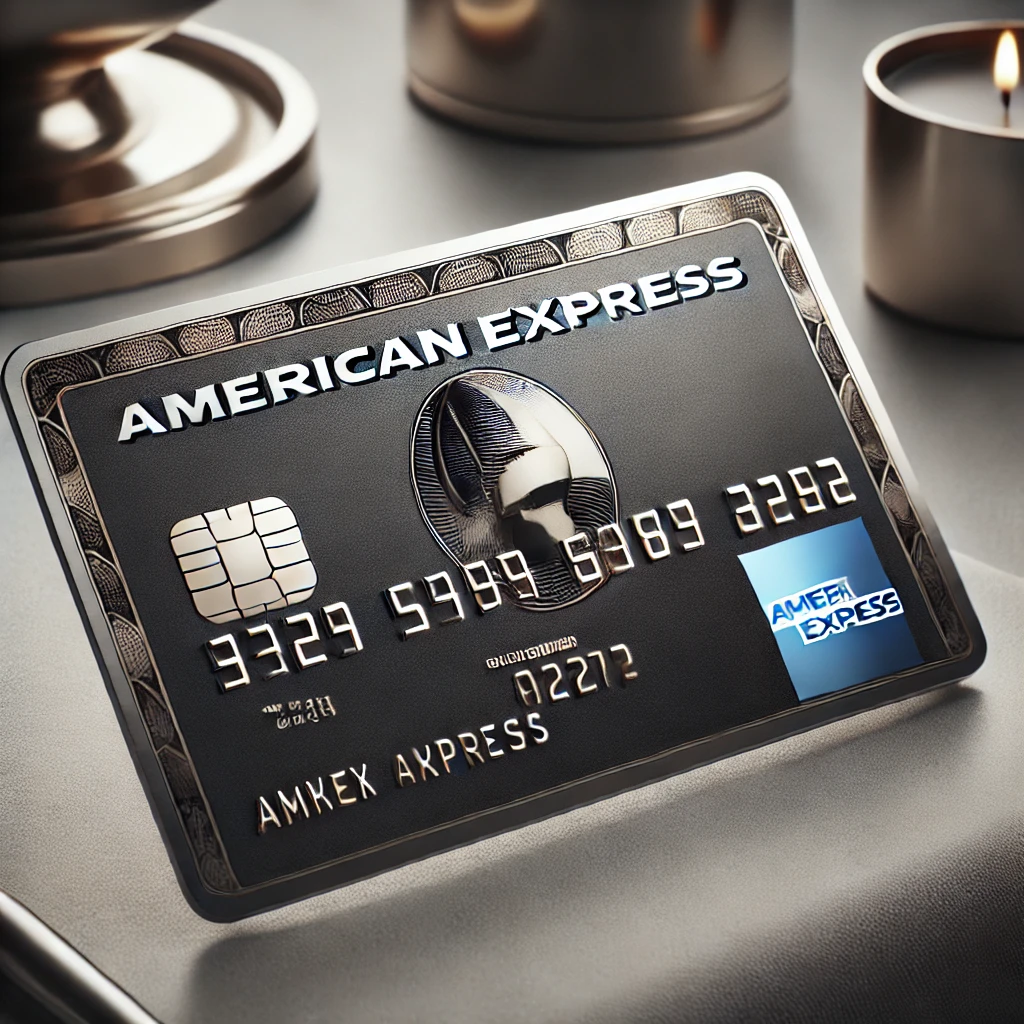
FAQs
Here are some of the most commonly asked questions about credit cards, consolidated from multiple sources, to provide a useful guide on credit card basics, benefits, and management strategies:
- What is APR?
- APR, or Annual Percentage Rate, represents the yearly interest cost of your credit card balance, inclusive of fees and how interest is calculated.
- How can I avoid paying interest on my credit card?
- Pay the full statement balance by the due date each month to avoid interest charges.
- What is a balance transfer and how does it work?
- A balance transfer involves moving existing debt from one credit card to another that typically offers lower interest rates, sometimes even 0% for a promotional period, although transfer fees may apply.
- Can I get a credit card with bad credit or no credit history?
- Yes, options include secured cards, student cards, or becoming an authorized user on another person’s card.
- What is the difference between a secured and an unsecured credit card?
- Secured cards require a cash deposit that serves as collateral, whereas unsecured cards do not require any deposit and are issued based on creditworthiness.
- How many credit cards should I have?
- There is no perfect number, but starting with one and managing it responsibly can help build your credit before adding more.
- What happens if I miss a credit card payment?
- Missing a payment can result in late fees and increased interest rates, and if the payment is more than 30 days late, it may negatively impact your credit score.
- What are the benefits of having a credit card?
- Benefits can include building credit, earning rewards such as cash back or travel points, consumer protections like fraud liability coverage, and convenience.
- How do cashback cards work?
- Cashback cards return a percentage of your spending as cash rewards, which can be applied as statement credits, checks, or deposits.
- What should I consider when choosing a credit card?
- Consider your spending habits, financial goals, the card’s fee structure, and the rewards or benefits it offers.
- How does a credit card impact my credit score?
- Responsible use, including timely payments and keeping balances low, positively affects your credit score, while late payments and high utilization can hurt it.
- What is a statement credit?
- It’s a credit applied to your account, reducing your balance. It can result from overpayments, returns, or reward redemptions.
- How can I manage my credit card debt effectively?
- Aim to pay more than the minimum each month, consider balance transfers to lower interest cards, and budget to avoid accumulating more debt.
- How do interest-free periods on credit cards work?
- These are promotional periods where no interest is charged on purchases or balance transfers, but normal rates apply after the promotion ends.
- Why do credit cards charge annual fees?
- Cards with annual fees often offer more benefits, like higher rewards rates and additional perks, which can be worthwhile if you maximize these benefits.
- What is a pre-approved credit card offer?
- Pre-approval means a credit card issuer has preliminarily reviewed your credit history and believes you meet the criteria for their card, subject to a full credit check.
- How do joint credit card accounts work?
- Both parties share responsibility for the debt and the account’s management, which can affect both credit scores, positively or negatively based on payment history.
- Should I accept a pre-approved credit card offer?
- Evaluate the card’s terms and how it fits with your financial needs and goals before accepting.
- What does it mean to be added as an authorized user on a credit card?
- This allows you to make purchases and benefit from the primary holder’s credit history, without the legal obligation to pay the balance.
- What are the risks of using a credit card?
- Risks include potential for accumulating debt, negative impacts on your credit score from irresponsible usage, and susceptibility to fraud.
- How can I improve my chances of getting approved for a credit card?
- Improve your credit score through responsible credit use, verify income sources, and reduce existing debt levels before applying.
- How do rewards programs on credit cards work?
- Earn points, miles, or cash back on purchases, which can be redeemed according to the card’s specific program details.
- What tools are available to help manage my credit card account?
- Many issuers offer online management tools, including spending trackers, payment reminders, and mobile apps.
- Can I use my credit card internationally?
- Yes, but check if your card has foreign transaction fees, which can add to the cost of purchases made abroad.
- What is a credit limit?
- It is the maximum amount you can charge to your credit card. Going over this limit can result in fees and negative impacts on your credit score.
- What is a cash advance?
- A cash advance is when you use your credit card to withdraw cash, which comes with high fees and interest rates that accrue immediately.
- How do I cancel a credit card without hurting my credit score?
- Consider the impact on your credit utilization ratio and length of credit history before closing any accounts.
- How can a balance transfer save me money?
- By transferring high-interest debt to a card with a lower rate, you can reduce the amount of interest you pay, potentially saving hundreds.
- How do I dispute a charge on my credit card?
- Contact your issuer as soon as possible to report the erroneous or fraudulent charge and follow their procedures to get it resolved.
- What are instant approval credit cards?
- These cards offer quick decisions on applications, typically for those with good to excellent credit.
- Advanced Credit Card Features and Benefits
- What are contactless credit cards and how do they work?
- Contactless credit cards use Near Field Communication (NFC) technology to enable secure payments by tapping the card near a compatible card reader. This feature speeds up transactions while maintaining security through tokenization, which protects card details.
- Can credit cards provide insurance and protection services?
- Many credit cards offer various forms of insurance, such as travel insurance, car rental damage waivers, and extended warranty protections. These benefits can save you money and provide peace of mind during travel and large purchases.
- How do credit card companies detect and prevent fraud?
- Credit card issuers use sophisticated algorithms to detect unusual spending patterns and alert you of potential fraud. Many also offer zero liability policies, which means you won’t be responsible for unauthorized charges detected early.
- Impact of Financial Habits on Credit Scores
- How does closing a credit card affect my credit score?
- Closing a credit card can impact your credit score by affecting your credit utilization ratio and the average age of your credit accounts, both of which are important factors in credit scoring models.
- What is a credit utilization ratio and why is it important?
- Credit utilization ratio is the percentage of your credit limit that you’re using. Keeping this ratio below 30% is generally seen as favorable because it suggests you’re not overextending yourself financially.
- Does requesting a credit limit increase affect my credit score?
- Requesting a credit limit increase might lead to a hard inquiry on your credit report, which can temporarily lower your score. However, if granted, a higher limit could lower your credit utilization ratio, potentially boosting your score if balances are kept low.
- Emerging Trends in the Credit Card Industry
- What are virtual credit cards and how can they protect my information online?
- Virtual credit cards generate temporary card numbers that you can use for online purchases, protecting your actual card number from theft. Each number is typically tied to a specific merchant or purchase, which adds an extra layer of security.
- How are mobile wallets and digital payments evolving with credit cards?
- Credit cards are increasingly being integrated into mobile wallets like Apple Pay, Google Pay, and Samsung Pay, which allow users to store card information securely and make payments through their mobile devices using tokenization for security.
- What future technologies are expected to impact credit cards?
- The future of credit cards may include features like biometric security (using fingerprints or facial recognition for verification) and even more advanced tokenization technologies to further secure transactions and reduce fraud.
- Practical Tips for Managing Credit Cards
- How can I manage multiple credit cards effectively?
- Use budgeting tools and apps to track spending across different cards, set up alerts for due dates to avoid late payments, and consider using different cards for different spending categories to maximize rewards.
- What are the best practices for using credit cards during travel?
- Notify your issuer about your travel plans to avoid fraud alerts on foreign transactions, use cards that do not charge foreign transaction fees, and always have a backup payment method.
- How do I choose the best credit card for my lifestyle?
47. What is the importance of credit score when applying for a credit card?
- Your credit score significantly affects your eligibility for the best credit cards, influencing the terms (like APR and credit limit) you receive.
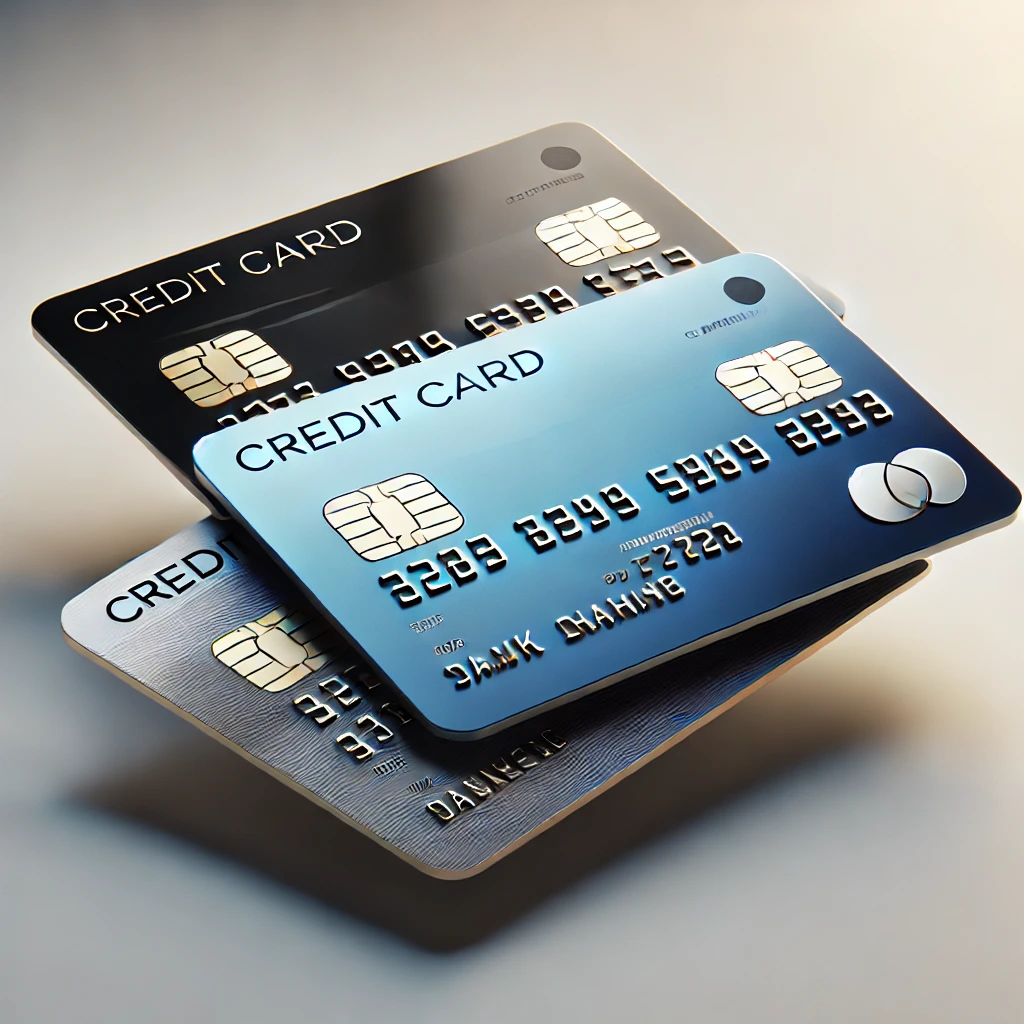
48. Can I have multiple credit cards?
- Yes, having multiple cards can benefit you by optimizing rewards and credit utilization, but it’s crucial to manage them responsibly to avoid negative impacts on your credit score.
These FAQs cover a broad range of common inquiries and issues related to credit cards, aiming to help you make informed decisions and use your cards effectively. For more detailed information, it’s always best to consult directly with your credit card issuer or a financial advisor.
How to Maximize Benefits with Your Credit Card
Maximizing the benefits of a credit card requires more than just choosing the right card; it also involves strategic usage and staying informed about the card’s features. Here are some ways to ensure you’re getting the most out of your credit card:
- Optimize Your Reward Earnings: Align your credit card usage with the card’s reward categories. For instance, if your card offers extra points on dining, consider using it for all restaurant bills. Similarly, if there’s a rotating cashback category, plan your purchases to coincide with these periods.
- Take Advantage of Sign-Up Offers: Many cards offer bonuses for new customers, but these usually require hitting a minimum spend within the first few months. Plan large purchases or bill payments to meet this threshold without overspending.
- Utilize Cardholder Benefits: Beyond points and cashback, many cards offer perks such as free travel insurance, rental car coverage, and extended warranty services. Familiarize yourself with these benefits and use them whenever applicable to save money and gain peace of mind.
- Balance Transfers: If you’re dealing with existing debt, a card that offers a 0% APR on balance transfers can be a smart tool. This can help you pay down debt faster by saving on interest charges, but be mindful of any transfer fees and the rate after the introductory period.
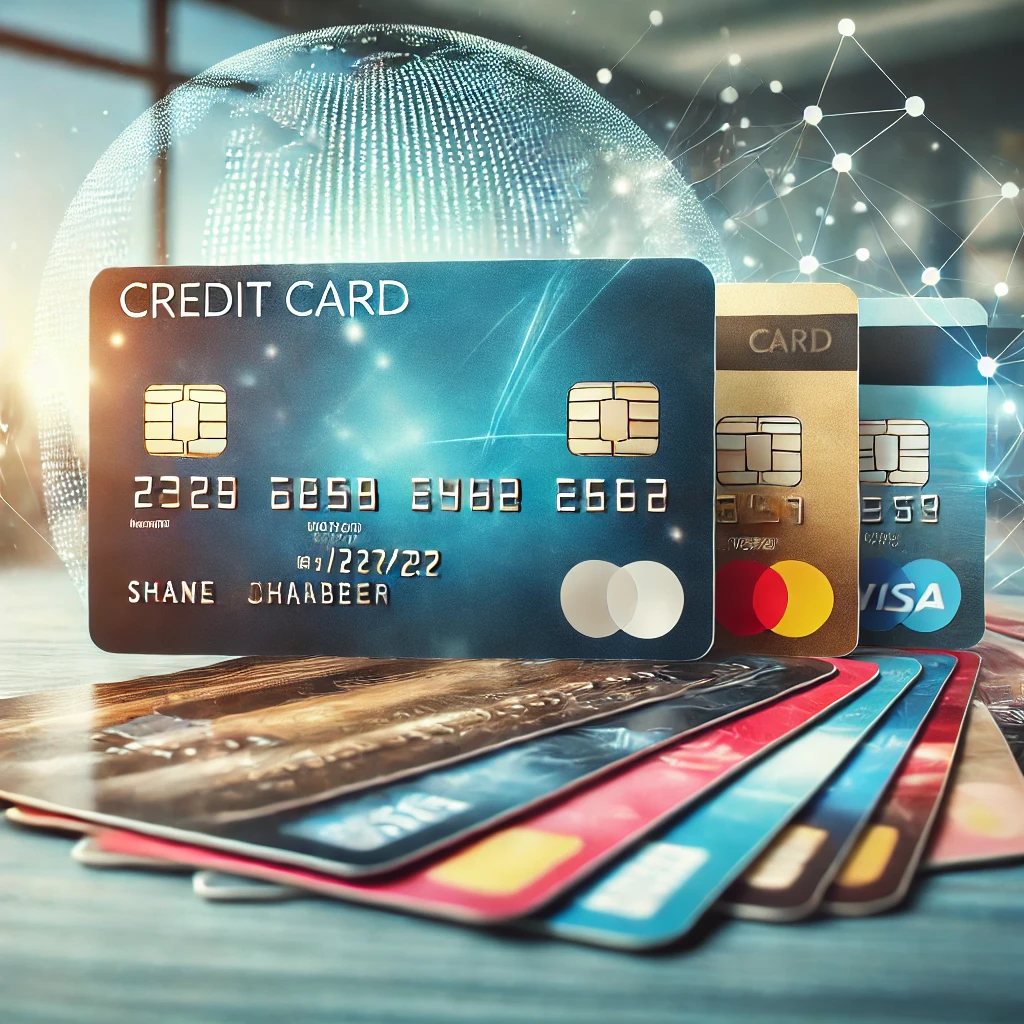
Building and Managing Your Credit Score
A good credit score can open doors to the best financial products and favorable terms. Here’s how you can use your credit card to build and manage your credit score effectively:
- Pay On Time: Always pay at least the minimum payment before the due date. Timely payments are the most significant factor affecting your credit score.
- Keep Balances Low: High credit utilization can hurt your credit score. Try to keep your balance below 30% of your credit limit. If possible, pay off your balance in full each month to avoid interest charges.
- Monitor Your Credit: Regularly check your credit report for errors and unrecognized activities. Many credit card companies offer free credit score tracking and alerts, which can help you keep tabs on your credit health.
- Increase Your Credit Limit: A higher credit limit can help reduce your credit utilization ratio, which can improve your credit score. However, only request an increase if you’re confident in your ability to manage credit responsibly.
New Card Technologies and Security Features
With the rise of digital banking and concerns over security, credit card companies are continuously innovating to provide safer and more convenient payment options:
- Contactless Payments: Many newer cards come with contactless technology, allowing you to make payments by simply tapping your card near a point-of-sale terminal. This method is not only convenient but also reduces physical contact and the time spent at checkout.
- Virtual Card Numbers: Some issuers offer virtual card numbers for online purchases, enhancing security by creating a temporary card number that can be used instead of your real account number.
- Mobile Wallet Integration: Adding your credit card to a mobile wallet like Apple Pay or Google Pay can secure your transactions. These services use tokenization to safeguard your card details during transactions.
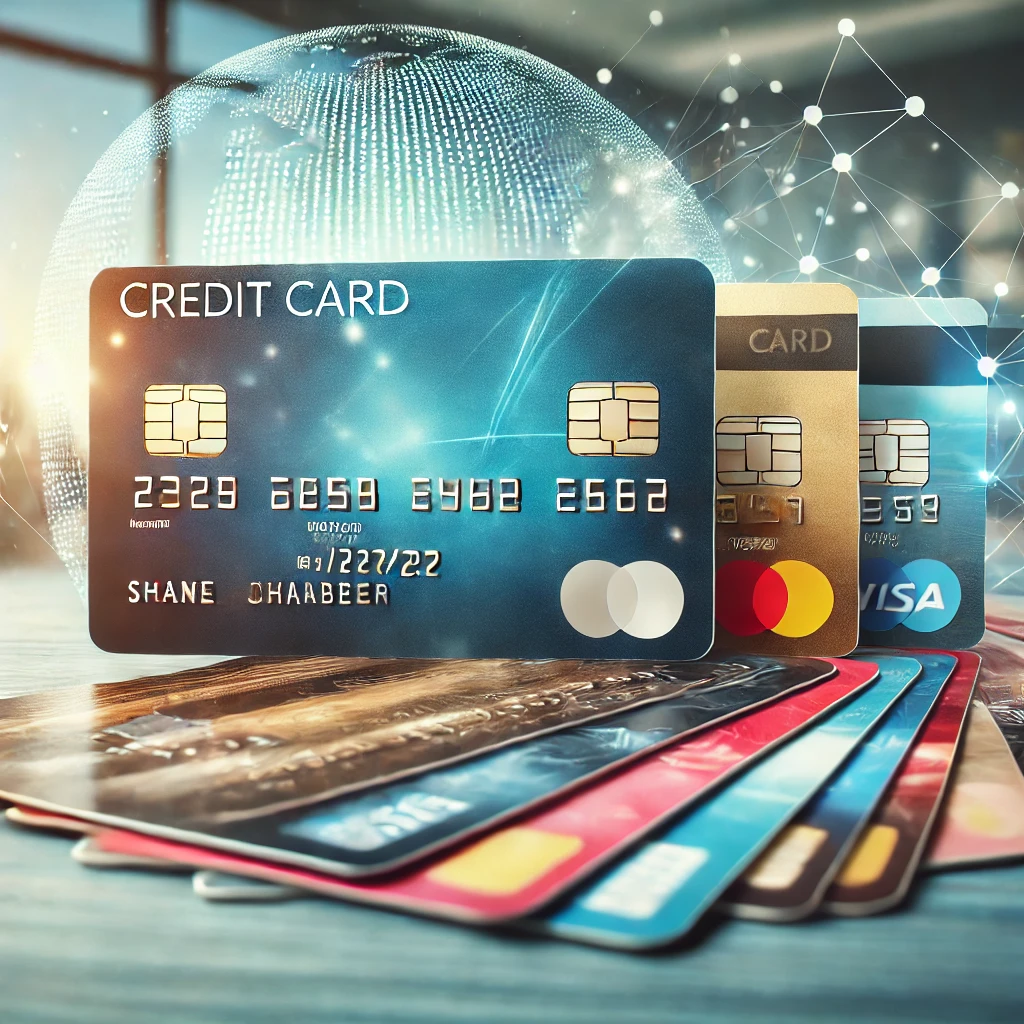
Conclusion
Choosing the best credit card involves careful consideration of how each card’s features match your financial needs and spending habits. By understanding the various types of cards and what they offer, you can maximize benefits, improve financial flexibility, and potentially boost your credit score.
This approach provides a detailed exploration of credit cards, emphasizing the importance of aligning choices with personal financial strategies and goals.



